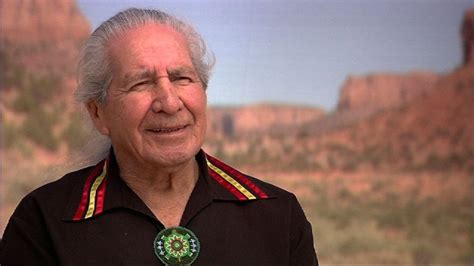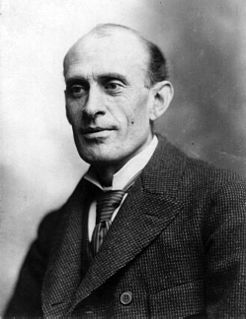A Quote by Alexander Pope
Find, if you can, in what you cannot change. Manners with fortunes, humours turn with climes, Tenets with books, and principles with times.
Related Quotes
To sacrifice the principles of manners, which require compassion and respect, and bat people over the head with their ignorance of etiquette rules they cannot be expected to know is both bad manners and poor etiquette. That social climbers and twits have misused etiquette throughout history should not be used as an argument for doing away with it.
True character arises from a deeper well than religion. It is the internalization of moral principles of a society, augmented by those tenets personally chosen by the individual, strong enough to endure through trials of solitude and adversity. The principles are fitted together into what we call integrity, literally the integrated self, wherein personal decisions feel good and true. Character is in turn the enduring source of virtue. It stands by itself and excites admiration in others.
There is nothing so bad or so good that you will not find Englishmen doing it; but you will never find an Englishman in the wrong. He does everything on principle. He fights you on patriotic principles; he robs you on business principles; he enslaves you on imperial principles; he bullies you on manly principles; he supports his king on loyal principles and cuts off his king's head on republican principles.
One reason that the task of inventing manners is so difficult is that etiquette is folk custom, and people have emotional ties to the forms of their youth. That is why there is such hostility between generations in times of rapid change; their manners being different, each feels affronted by the other, taking even the most surface choices for challenges.
Sometimes I read the same books over and over and over. What's great about books is that the stuff inside doesn't change. People say you can't judge a book by its cover but that's not true because it says right on the cover what's inside. And no matter how many times you read that book the words and pictures don't change. You can open and close books a million times and they stay the same. They look the same. They say the same words. The charts and pictures are the same colors. Books are not like people. Books are safe.
Manners or etiquette ('accessibility, affability, politeness, refinement, propriety, courtesy, and ingratiating and captivating behavior') call for no large measure of moral determination and cannot, therefore, be reckoned as virtues. Even though manners are no virtues, they are a means of developing virtue.... The more we refine the crude elements in our nature, the more we improve our humanity and the more capable it grows of feeling the driving force of virtuous principles.
All of the insights that we might ever need have already been captured by others in books. The important question is this: In the last ninety days, with this treasure of information that could change our lives, our fortunes, our relationships, our health, our children and our careers for the better, how many books have we read?





































